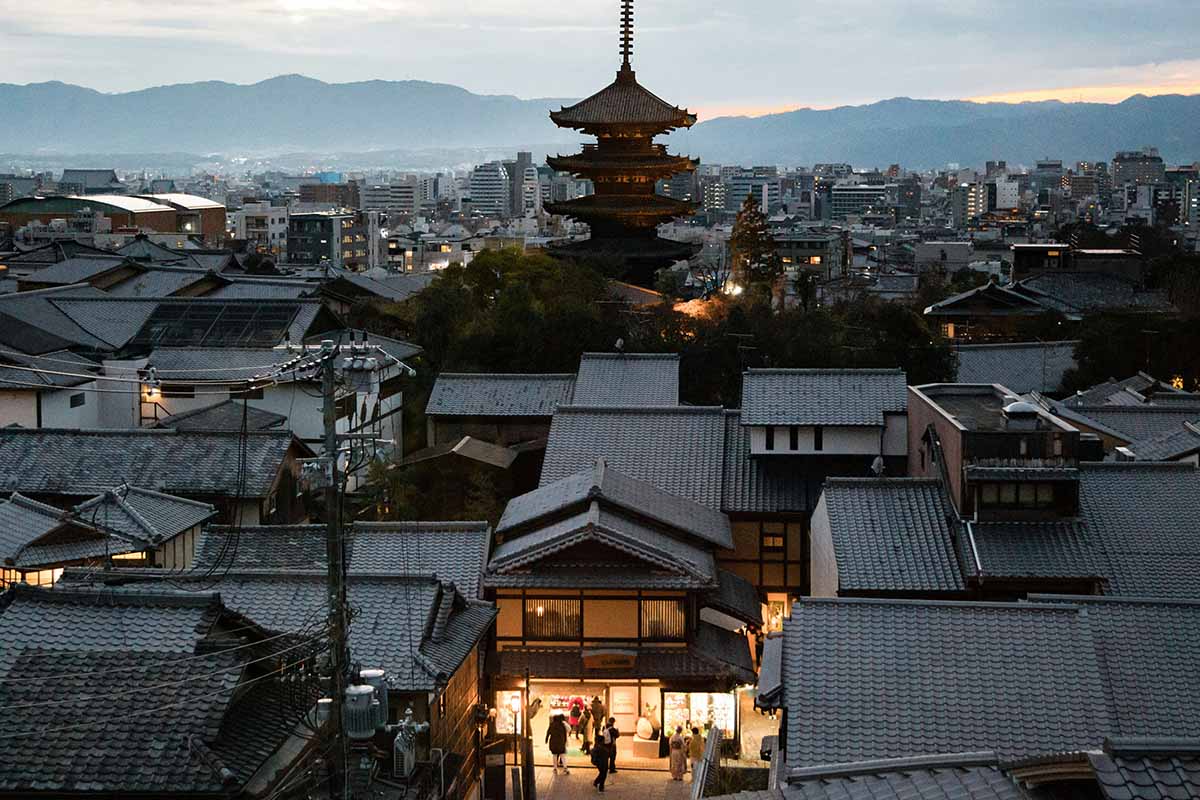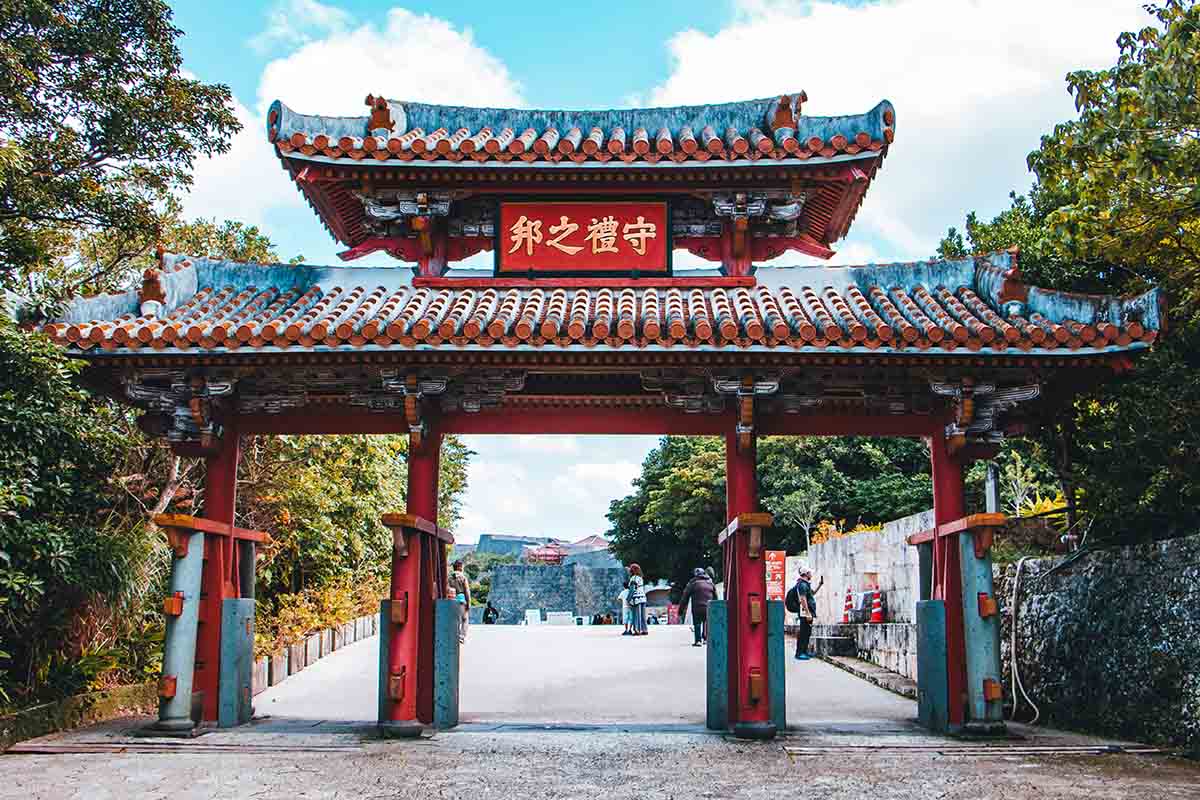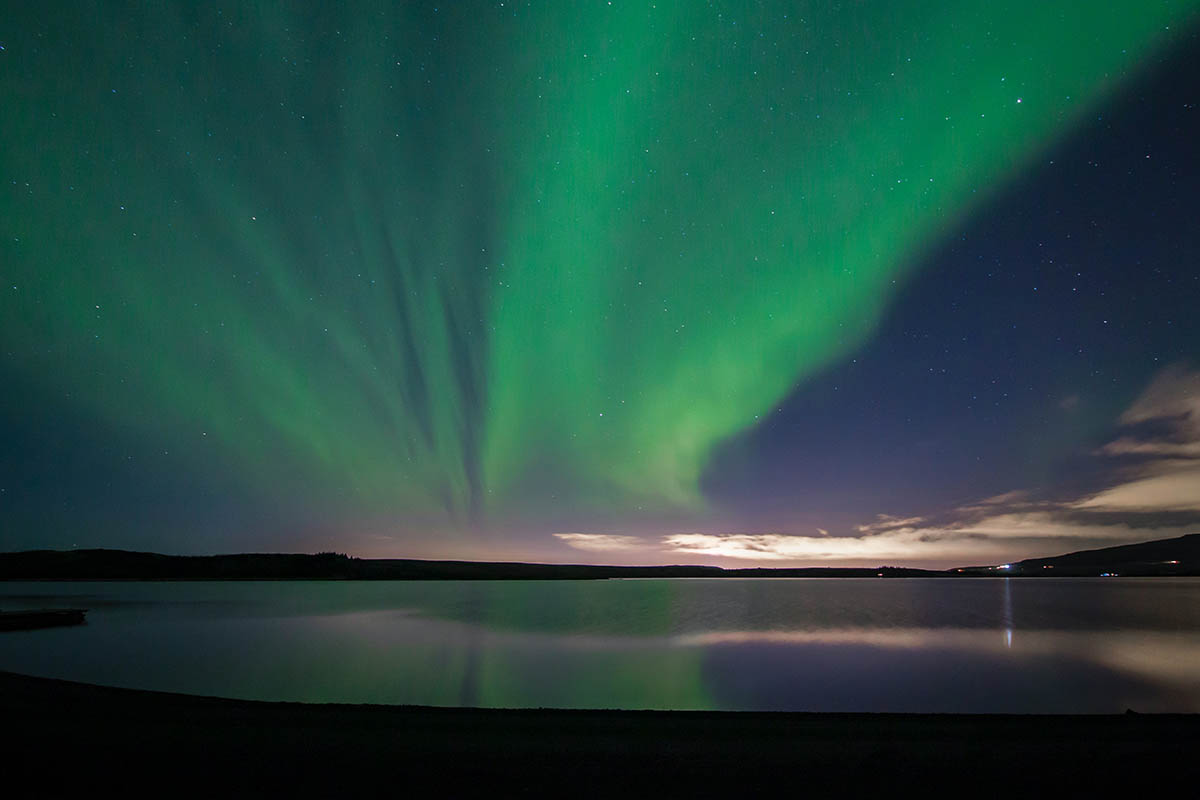Immersing in Japan’s Rich Cultural Tapestry
KEY POINTS
- Cultural Duality: Japan masterfully combines ancient traditions with cutting-edge technology, creating a vibrant cultural tapestry.
- Regional Diversity: Distinctive regions like Hokkaido and Okinawa add unique flavors to Japan’s cultural and aesthetic diversity.
- Philosophical Cultural Practices: Traditional activities such as the tea ceremony are profound expressions of Japanese philosophy, emphasizing values like harmony and respect.
In the heart of East Asia lies Japan, a country where the past and present coexist in harmonious contrast.
This land, known as Nippon in its native tongue, is a place where ancient traditions interweave with cutting-edge technology, creating a cultural tapestry as rich and diverse as the landscapes that stretch from the snowy mountains of Hokkaido to the tropical beaches of Okinawa.
“Nippon Nostalgia: Immersing in Japan’s Rich Cultural Tapestry” invites readers on a journey through Japan’s history, its cultural milestones, and the enduring customs that define its identity.
Japan tours often highlight the seamless blend of history and modernity, offering a unique perspective on the nation’s cultural evolution and its ongoing dialogue between the old and the new.
Kyoto: The Timeless City
Our journey begins in Kyoto, once the imperial capital of Japan for over a millennium. Kyoto stands as a bastion of Japan’s heritage, boasting over 2,000 temples and shrines, including the golden Kinkaku-ji and the serene Ryoan-ji’s rock garden.
Strolling through the historic streets of Gion, visitors may catch a glimpse of a geiko (Kyoto dialect for geisha) hurrying along to an evening engagement, her presence a vivid reminder of the city’s rich cultural traditions.
Kyoto’s commitment to preserving the arts, such as the tea ceremony and koimonogatari (kimono culture), offers a window into the refined aesthetics that have shaped Japanese sensibilities through the ages.
Tokyo: A Metropolis in Motion
Contrasting Kyoto’s historical calm, Tokyo, the capital city, is a pulsating metropolis that exemplifies modern Japan. From the neon-lit streets of Shibuya to the electronic wonderland of Akihabara, Tokyo is a city that never seems to sleep.
Yet, amidst this bustling urban landscape, pockets of tranquility can be found in the Meiji Shrine’s forested grounds and the meticulously maintained Hamarikyu Gardens.
The journey from this vibrant cityscape to the serene ambiance of Kyoto is seamlessly bridged by the Tokyo to Kyoto train.
This transition not only encapsulates the dynamic spirit of contemporary Japan but also underscores the seamless blend of tradition and modernity, with Tokyo’s diverse districts offering a kaleidoscope of experiences that range from the latest trends in fashion and technology to traditional craft markets and sumo tournaments.
Hokkaido: The Northern Frontier
Venturing north to Hokkaido, Japan’s frontier offers breathtaking natural beauty and unique cultural experiences.
The Sapporo Snow Festival showcases magnificent ice sculptures that glisten under the winter moon, while the indigenous Ainu culture provides insight into a way of life that is distinct from the Japanese mainland.
Hokkaido’s untamed landscapes, from the volcanic valleys of Noboribetsu to the crystal-clear waters of Lake Toya, offer adventure and serenity alike, highlighting Japan’s deep respect for the natural world.
Okinawa: The Tropical Archipelago
Far to the south, the Okinawa archipelago presents a different facet of Japan’s cultural gem. With its subtropical climate, white sandy beaches, and emerald waters, Okinawa feels a world apart from the country’s mountainous regions.
The Ryukyu Kingdom’s heritage, with its own language, cuisine, and architectural styles, adds vibrant colors to Japan’s cultural mosaic.
The traditional sanshin music and Eisa dance performances are heartfelt expressions of Okinawa’s rich history and resilient spirit.
The Way of Tea: A Panoramic Tradition
Spanning the length and breadth of Japan, the tea ceremony, or “chanoyu”, embodies the essence of Japanese philosophy and aesthetics.
More than just a ritual of preparing and consuming matcha (powdered green tea), the tea ceremony is a meditative practice that emphasizes harmony, respect, purity, and tranquility.
Participating in a tea ceremony, whether in a Kyoto tea house or a Tokyo modern studio, offers a profound connection to the Japanese way of life, where every action is infused with meaning and beauty.
Japan’s cultural tapestry is woven with threads of history, nature, tradition, and innovation.
From the ancient capitals of Kyoto and Nara to the dynamic cities of Tokyo and Osaka, each region of Japan tells its own story, contributing to a collective narrative that resonates with both nostalgia and anticipation for the future.
“Nippon Nostalgia: Immersing in Japan’s Rich Cultural Tapestry” is an invitation to explore this unique country, to learn from its past, and to find inspiration in its present.
As the journey transitions from the electrifying ambiance of Tokyo to the serene elegance of Kyoto, the high-speed Shinkansen serves as a modern conduit between these contrasting worlds.
This rapid journey is emblematic of Japan’s unique blend of speed and serenity, efficiently bridging the gap between the nation’s bustling capital and its ancient cultural heart.
Through the window, the evolving landscape from urban sprawl to pastoral beauty prompts a contemplation on Japan’s adeptness at melding its rich heritage with progressive strides into the future.
This voyage becomes more than just a transfer between locations; it’s a passage through Japan’s cultural continuum, offering a preview of the historic wonders and serene landscapes that define Kyoto’s contribution to Japan’s storied tapestry.




















